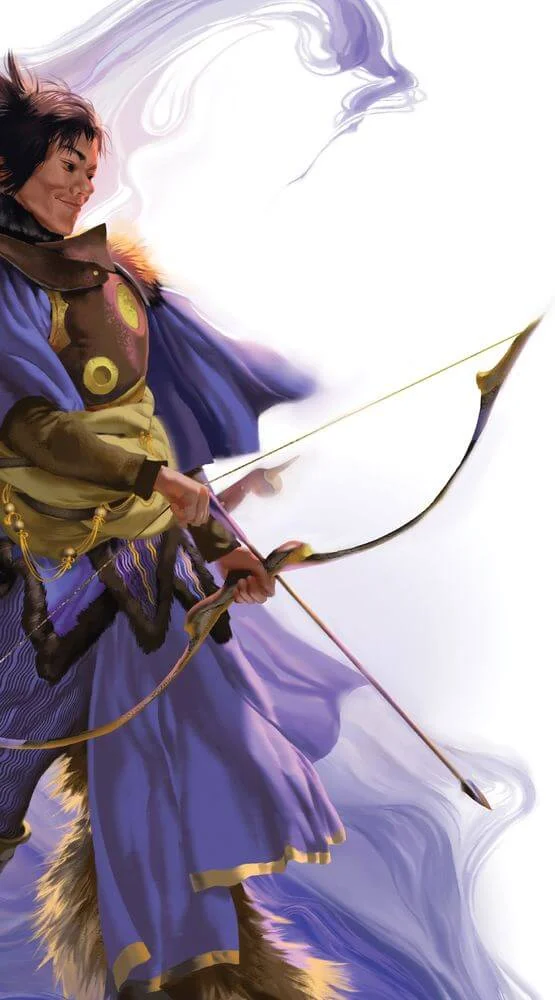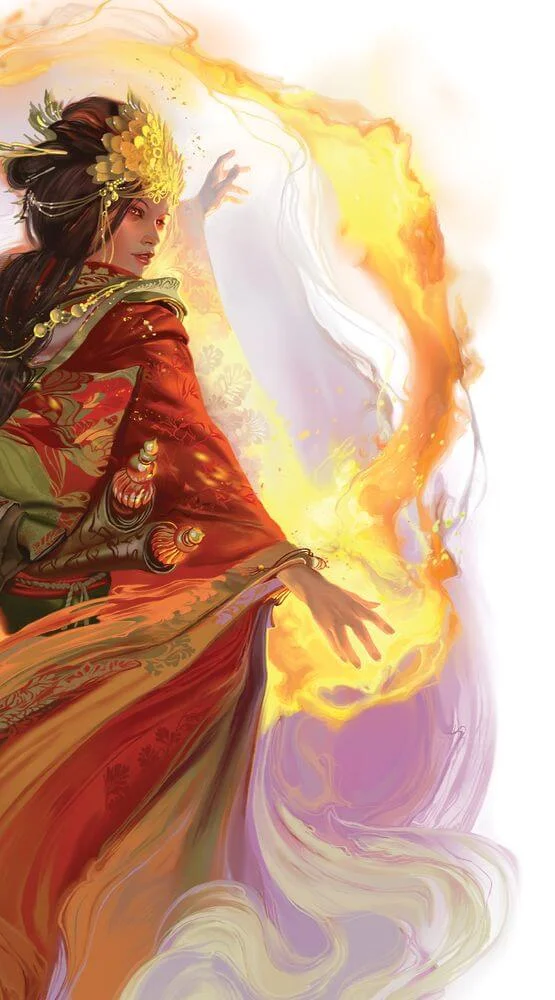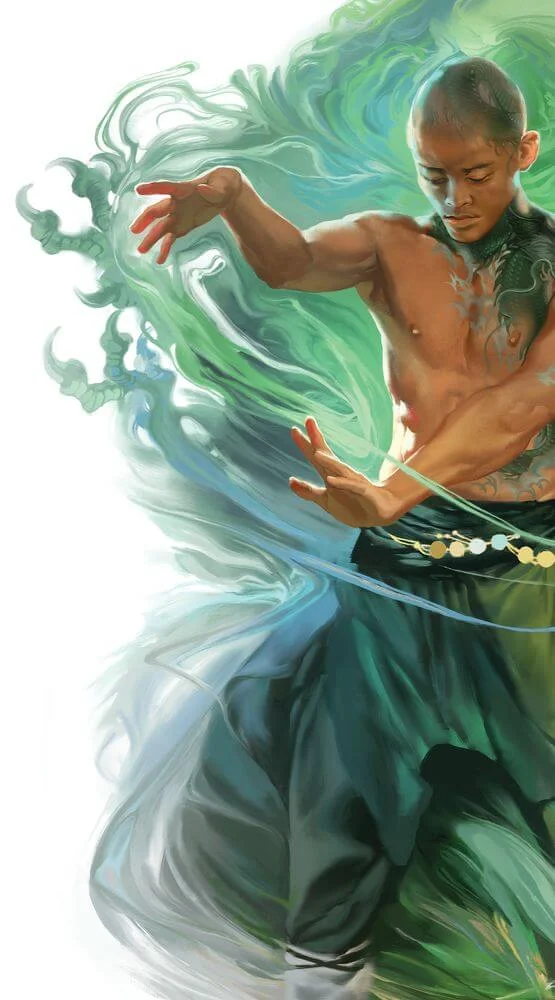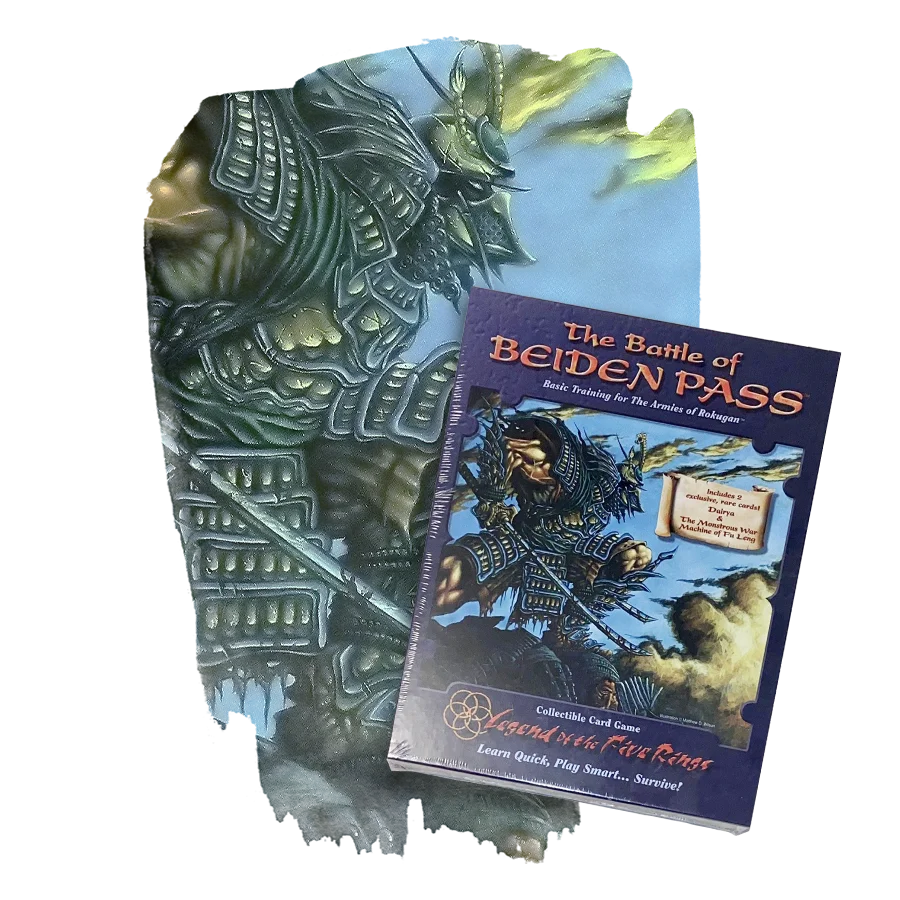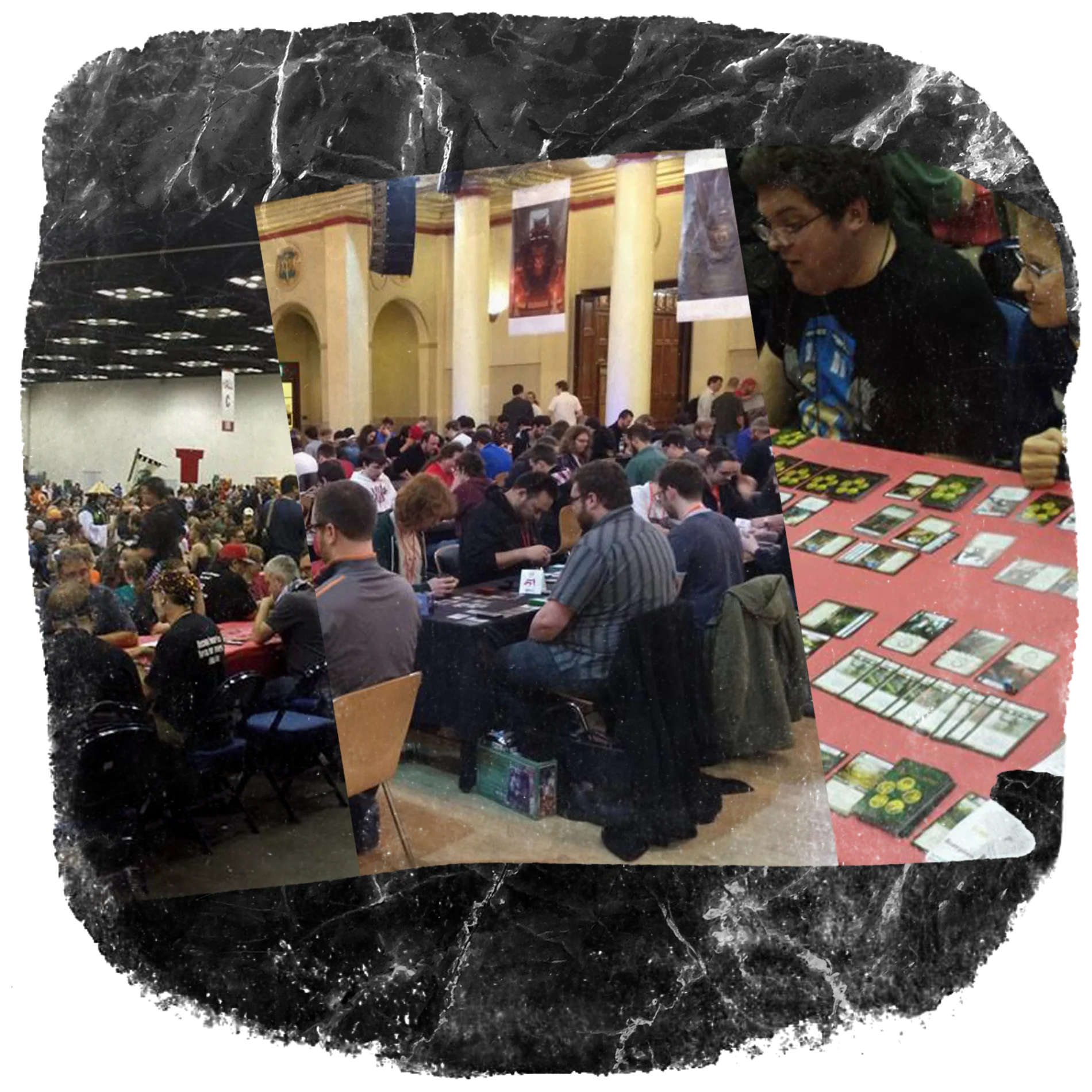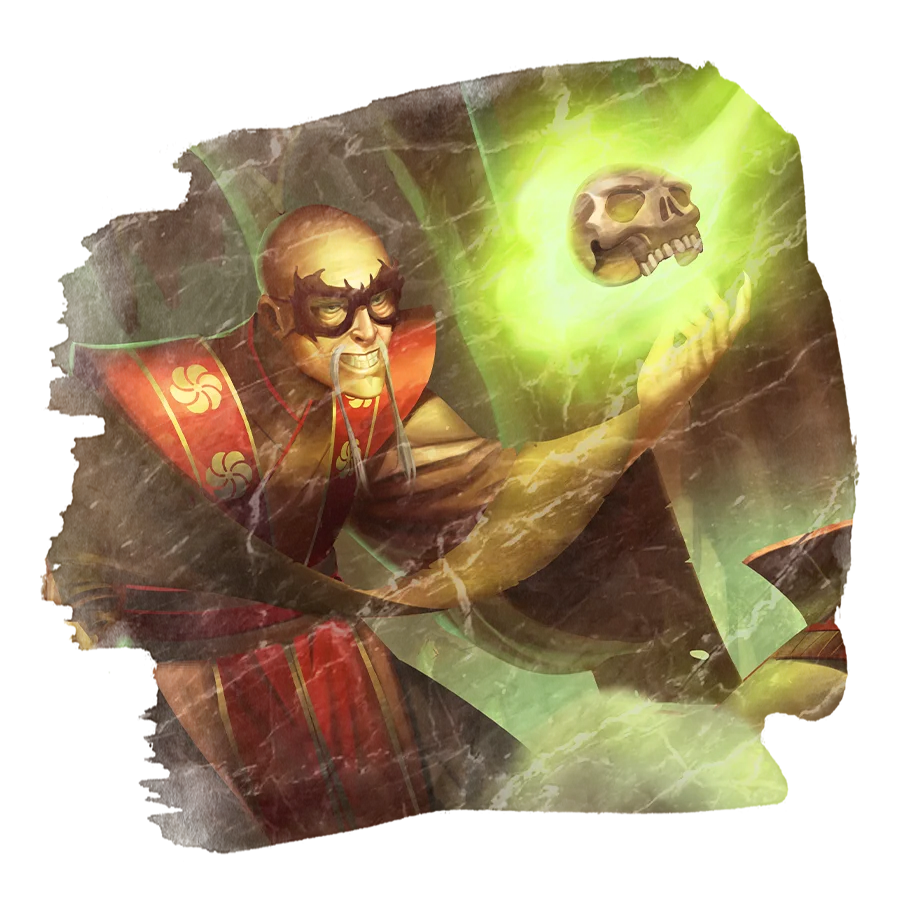Asians Represent!
Working with the folks of Asians Represent! on cultural sensitivity in L5R
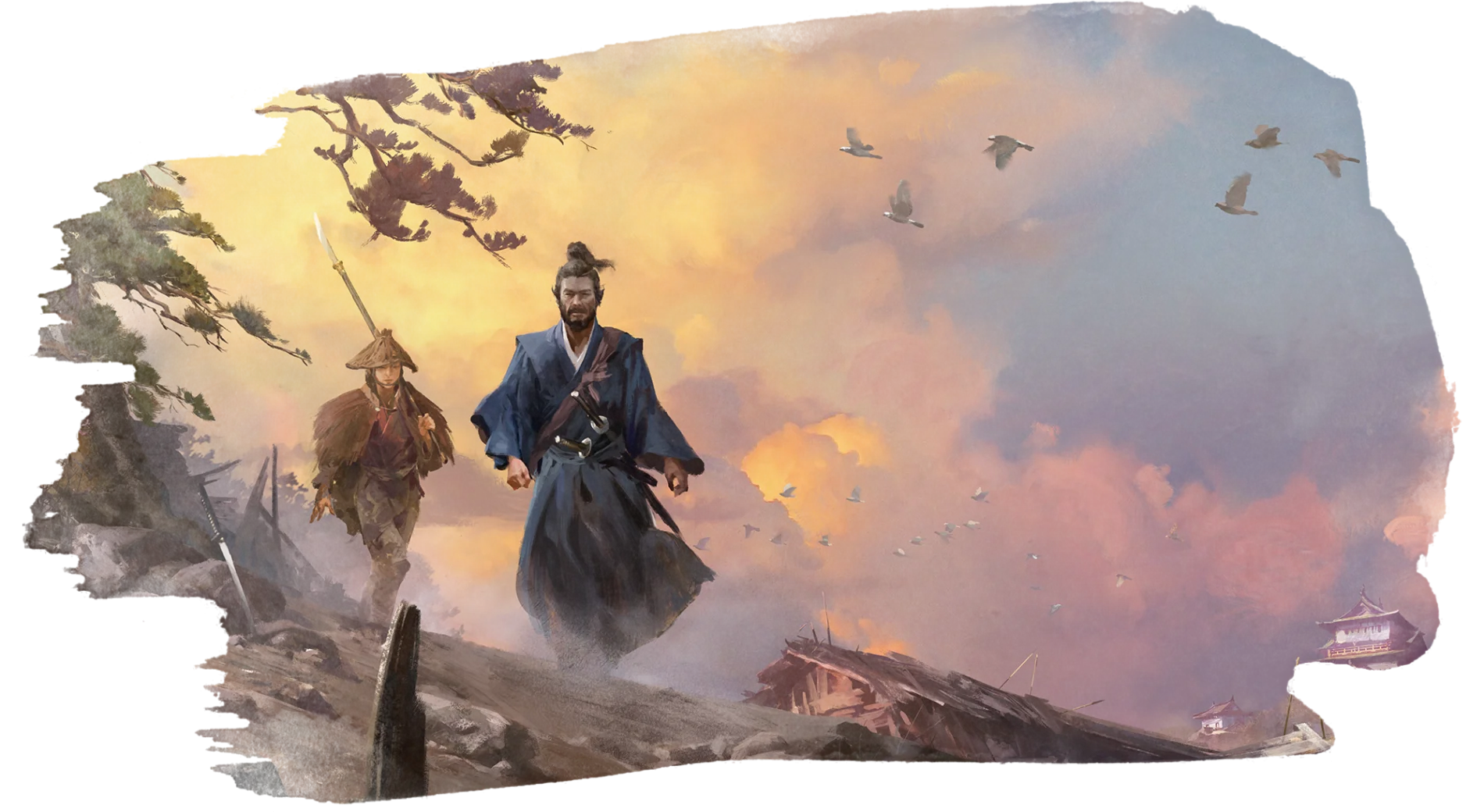
Over the last several months, we have been working with a diverse group of cultural consultants to help us sensitively and authentically draw inspiration from Japan and East Asian cultures in our future products. Our Franchise Producer, Joe DeSimone, recently spoke to the folks on the Asians Represent! podcast, a couple of whom served as consultants in our most recent round of reviews. Check out the episode, “Return to Rokugan,” on YouTube or on your favorite podcast-listening app, and learn about the process, the findings, and how we plan to move forward. You can also listen to their original Asians Read series on the L5R 5E core rulebook here. In many cases, we found that the answer is to be more intentional with how we are including cultural markers in the IP, such as the clothing, weapons, architecture, and so on. Intentionality, or asking “why?” before trying to answer the “what,” helps us avoid stereotypes, make characters more real, and keep the setting from becoming overly dependent on tropes.
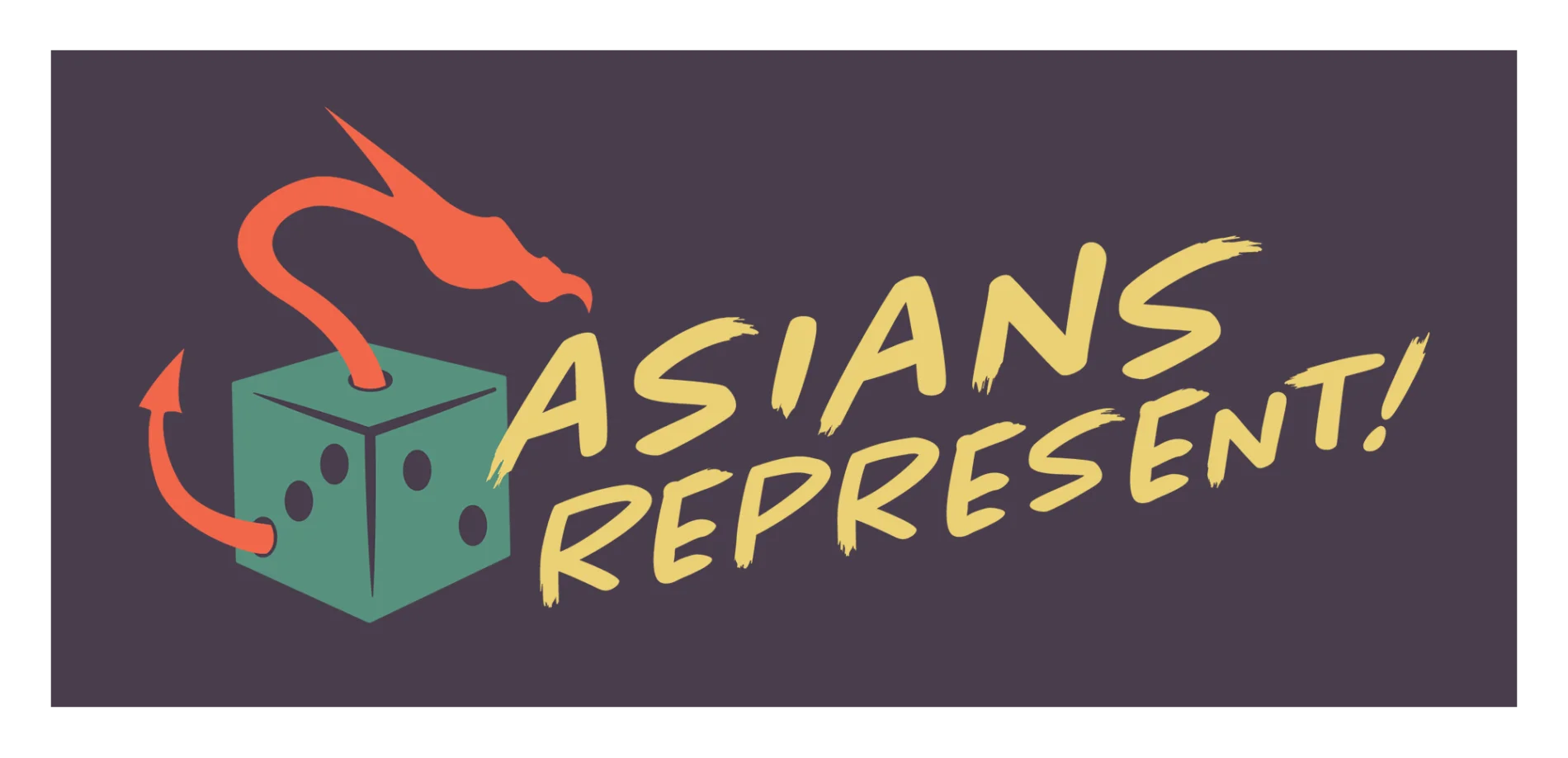
Although the cultural consultants disagreed on some finer points, or in some cases had more opinions on one topic than another, they were unanimous in deeming Legend of the Five Rings to be already doing a good job of being culturally sensitive. Daniel Kwan found “the process of working behind working on L5R was actually an extremely positive one,” and Emma Yasui is “so excited to see what happens with L5R.” We haven’t been perfect in the past, but we are always striving to do better in the future, and reaching out to the communities most affected by the portrayal of their cultures is an important step. That being said, there are a few changes we’re making to the setting as a whole, and we wanted to take the time to explain some of the thinking behind those changes with you, our devoted fans.
Generally speaking, we’ll avoid making direct analogs to real-world religions, such as Shinto, Buddhism, and Taoism, and instead embrace the fantasy elements already present in the L5R universe. Where the setting includes culturally specific elements, we’ll take extra time to consider the context of where those elements come from and what connotations they carry today. One example is the divine sibling Fu Leng, who stands out in the pantheon of Rokugani gods as being the main villain god and the only one with a Chinese-coded name. In keeping with the new lore presented in Adventures in Rokugan, Fu Leng will also be known by a Rokugani name, and his sibling, Togashi, will also have a name from the land of Yún Fēng Guó, the Kingdom of Clouds north of Rokugan inspired by historical China. We won’t continue using the names of the Seven Lucky Gods or other real-world deities in the IP, and we’re making a few other minor tweaks as well (such as shifting the zodiac and calendars to better reflect the unique cosmology of Rokugan).
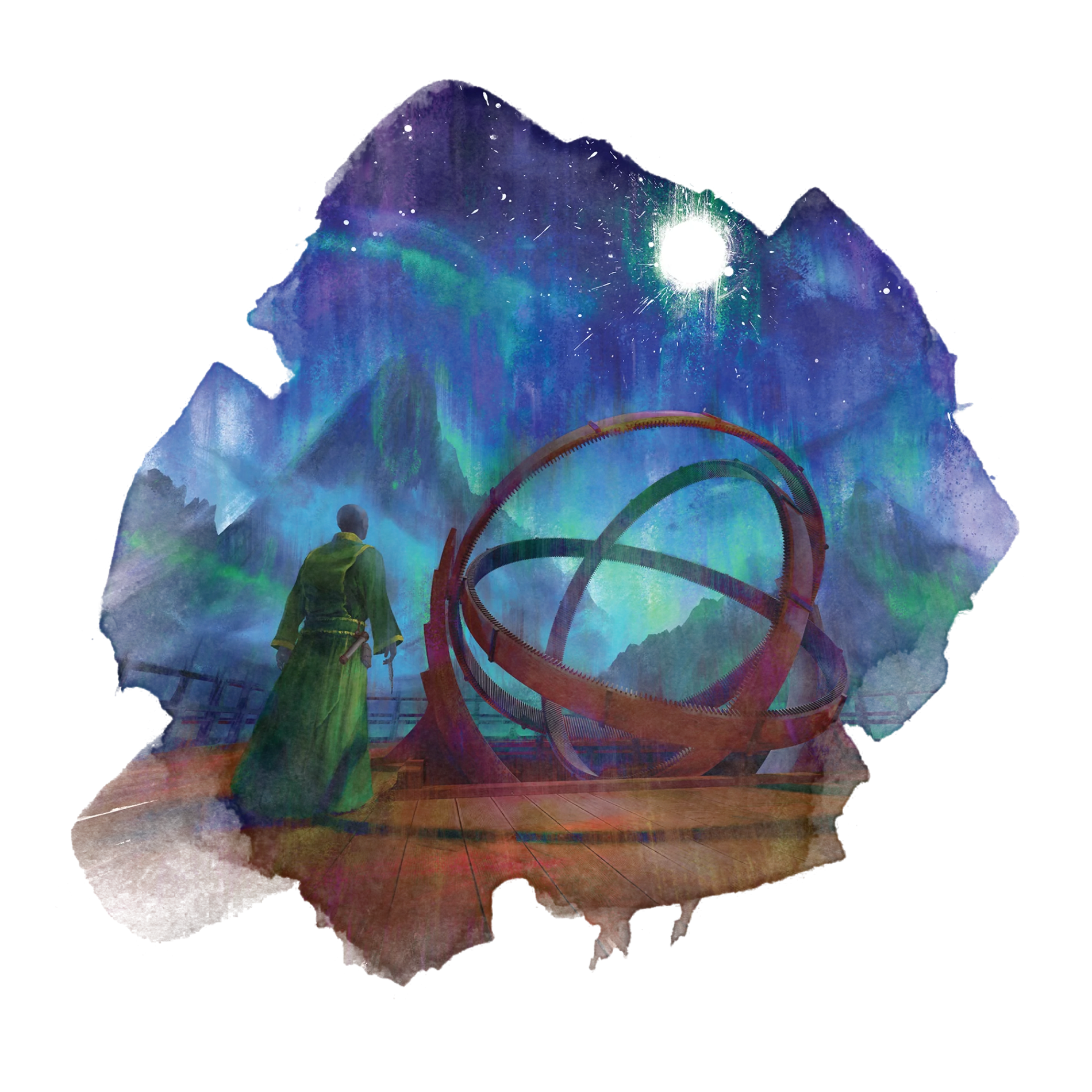
L5R will also better consider the source and context of terms derived from Japanese culture and folklore. We have been reducing the number of loan-words used in our games and novels, but we will continue to use many Japanese terms when our use of the term is culturally correct. Beyond loan-words, we are also taking a close look at cultural concepts and key terms. For example, reviewers unanimously felt that the terms “honor” and “dishonor” were overused and overemphasized in L5R, so we’ll use more precise terminology such as “integrity,” “reputation,” and “disgrace” where appropriate. Seppuku was also overused in previous products, so we will be very careful about when it’s included in the future.
Out of care for the real-world shugenja who practice the religion of Shugendō today, we’ve been avoiding using that term. Having worked with our panel of cultural consultants, we are delighted to unveil the new term for magic-users in Rokugan: “shindōshi,” meaning “scholar/samurai on the spirit-path.” The blood magic users previously known as “mahō-tsukai” will be called “madōshi,” or “scholar/samurai on the path of witchcraft,” going forward. These two new terms are rooted in the works of fantasy anime, manga, and novels of Japan, and they also perfectly complement the shinzoku and mazoku (celestial and demonic beings) that feature in the recent editions of the Legend of the Five Rings Roleplaying Game and Adventures in Rokugan.
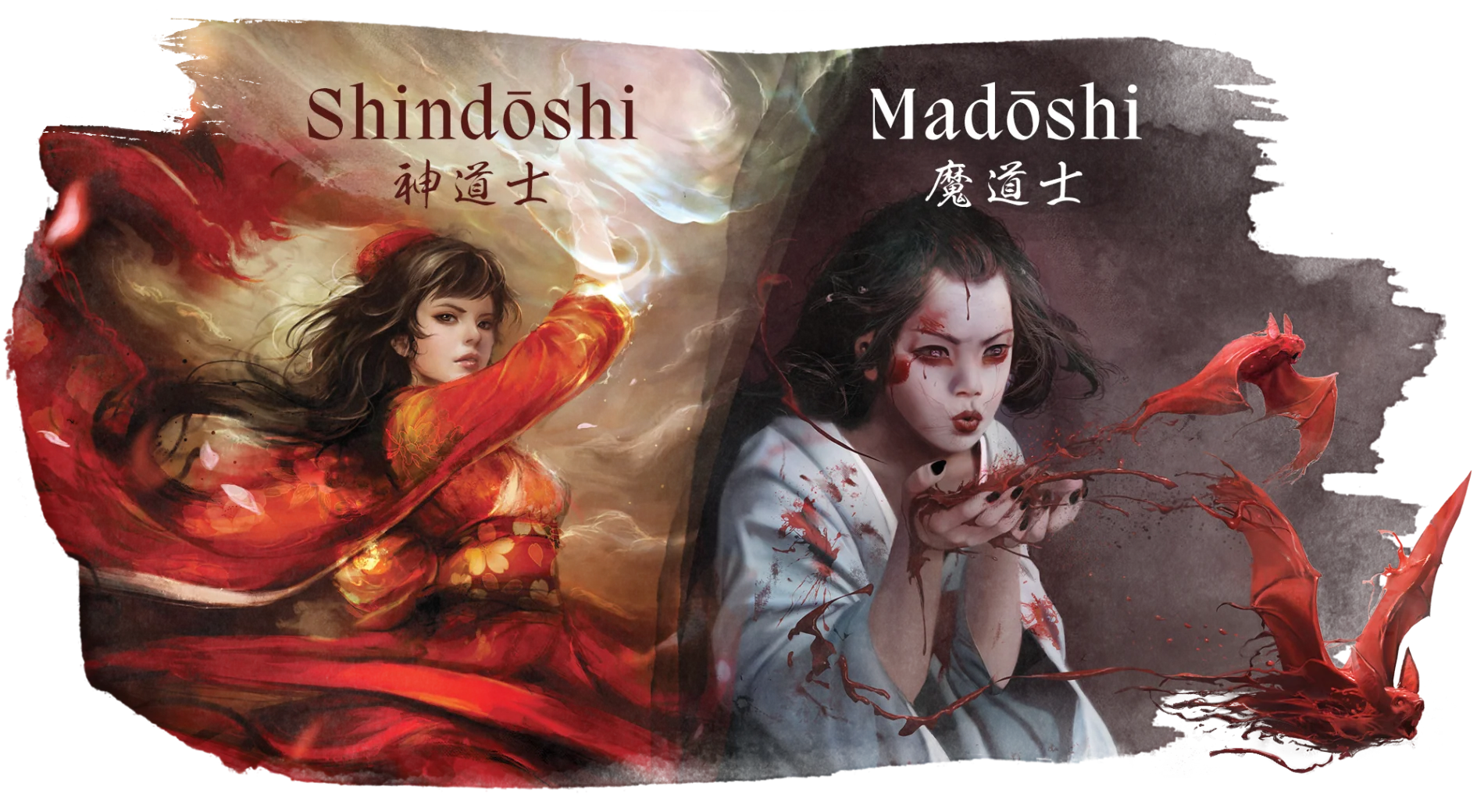
These are important adjustments to make to the setting, but they don’t fundamentally change the world. There are still nine divine siblings (plus one lost brother), seven Great Clans, legions of loyal samurai who follow the Code of Akodo, and mighty spellcasters who invoke the power of the elemental spirits, demons, dragons, and gods. Beloved characters including Toturi the Rōnin, Hida Yakamo, Mirumoto Hitomi, Bayushi Kachiko, and Yoritomo will still be the focus of the upcoming games, novels, and other products.
This is all to say, we are proud of the work we’ve done on Legend of the Five Rings, all of us here are huge fans of the characters and setting, and we are thrilled to be able to continue L5R’s legacy of great games and stories going forward. That means working with more creators with more diverse voices, who are helping us sensitively and authentically portray the parts of the Emerald Empire inspired by Japan and other East Asian cultures, such as the team at Asians Represent! and many others.


